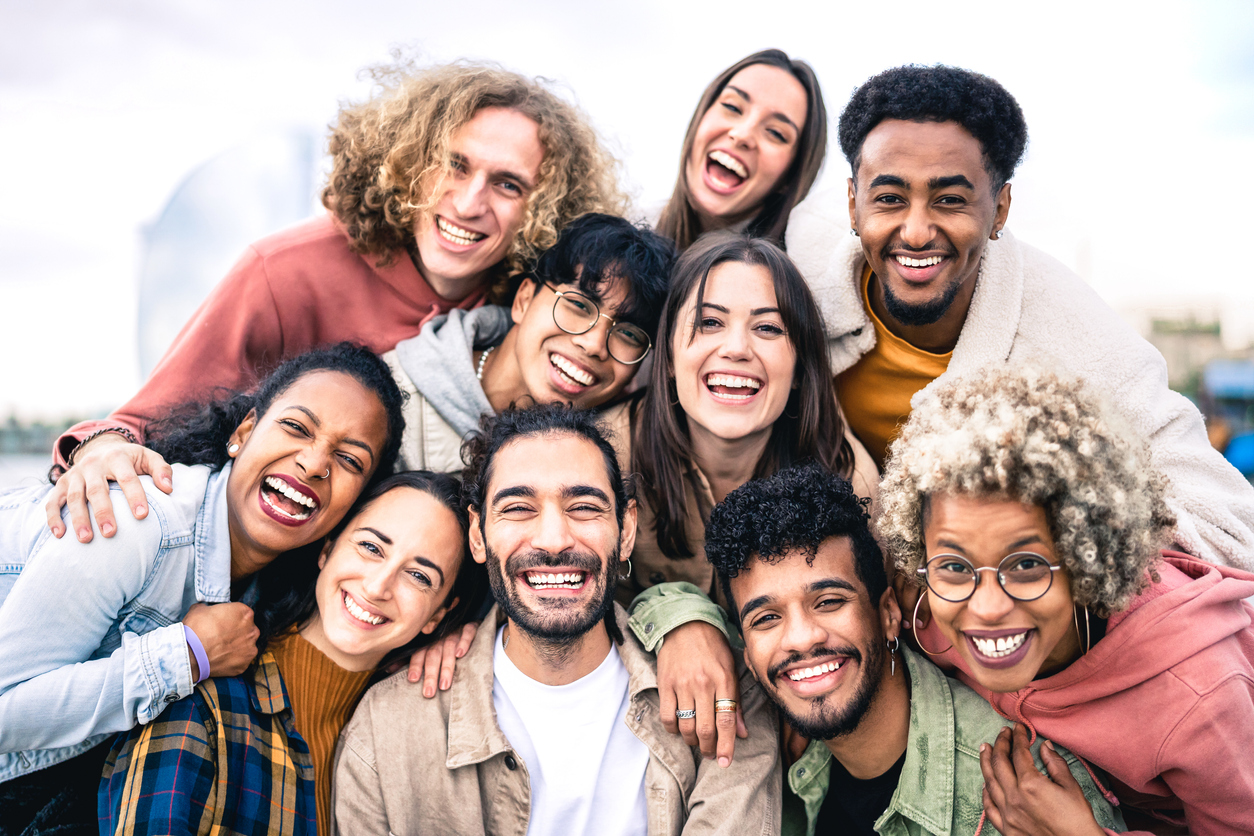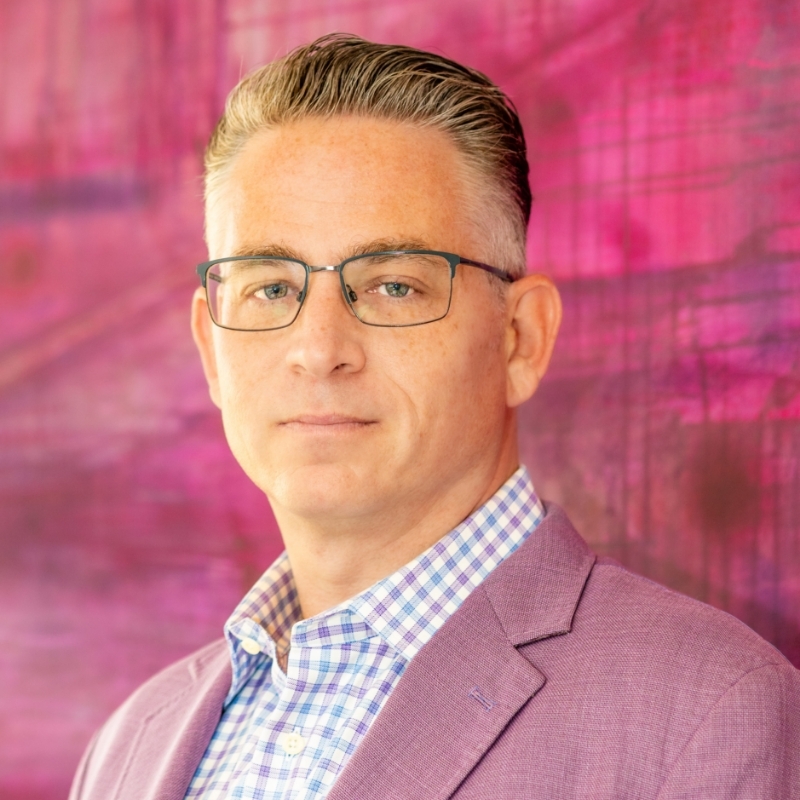People recover in different ways. While for years the idea persisted that abstinence or sobriety equaled recovery, what we know now is that recovery from addiction really means a transformational change that equates to overcome detrimental behaviors associated with drug and alcohol use coupled with a quality of life.
Perhaps the best understanding of recovery comes from SAMHSA’s Working Definition of Recovery from mental disorders and/or substance use disorders. That definition is, “A process of change through which individuals improve their health and wellness, life a self-directed life, and strive to reach their full potential.” SAMHSA, the Substance Abuse and Mental Health Services Administration, incorporates ten (10) guiding principles of recovery. They include:
- Hope
- Person-Driven
- Respect
- Holistic
- Peer Support
- Relational
- Culture
- Addresses Trauma
- Strengths/Responsibility
- Many Pathways
Today, we know that recovery can mean different things to different people. For example, while for some, sobriety can equal or equate to recovery, for others it includes the use of Medication Assisted Treatment (MAT). However, regardless of the recovery pathway one chooses, or what a specific person’s personal recovery looks like, we do know that there is an important aspect to recovery that is necessary for anyone looking to recovery using any pathway: Community. A strong recovery community is a vital component of recovery, regardless of what that recovery looks like.
A recovery community is made up of two facets: individuals that create a personal recovery community for each other, as well as the physical location of a recovery community, where opportunities are available for people to get their lives back on track, and there are recovery supportive businesses, jobs, schools, and entities looking to help those in recovery receive necessary second, third, and fourth chances at a thriving life of abundance.
The first component of a thriving recovery community is access to support groups and meetings. This can include 12 Step fellowships like Alcoholics Anonymous (AA), Narcotics Anonymous (NA), Al-Anon, and Nar-Anon, but also non-12 Step recovery meetings, which can include groups like SMART Recovery, Women for Sobriety, Refuge Recovery, and LifeRing Secular Recovery meetings. A strong recovery community has access to many different recovery meetings, an abundance of options for meetings, and an active community within those meetings.
The second component of a strong recovery community is its location to a strong clinical community, meaning a strong recovery community will be in close proximity to a community of mental health and other behavioral health services and providers. Why? Because people in recovery, having suffering from addiction and often other behavioral health issues such as mental health conditions, eating disorders, trauma, or different process addictions, will often need additional clinical support outside of their personal recovery pathways and support groups. This means that someone in recovery will need to easily access a therapist, counselor, psychiatrist, therapy group, marriage counselor, or family therapist for additional support in their healing and recovery journey.
The third component of a strong recovery community is its proximity to a thriving area with employment opportunities, educational opportunities, and interesting, exciting social activities. A plus are businesses and educational institutions that are “recovery ready” or “recovery informed”, meaning that they understand the challenges of people in recovery and are ready, willing, and able to offer opportunities for people in recovery. A community where there are job opportunities or where institutions of higher education understand that students in active addiction may have struggled, but data shows that students in recovery when returning to school perform better than the general student population.
Fortunately, here at Maryland Addiction Recovery Center, we are situated in a wonderful area in Baltimore County that offers all the components of a thriving recovery community. Our home in Towson, Maryland, surrounded by areas such as Lutherville-Timonium, Sparks, Pikesville, Owings Mills, and Catonsville, offers an abundance of recovery meetings. A strong clinical community with therapists, counselors, psychiatrists, and other specialists allows individuals entering recovery to find whatever clinical or therapeutic service they need to support them in early recovery. Located close to major hospitals such as Johns Hopkins, UMBC, and University of Maryland, those in early recovery are easily able to find and access doctors and healthcare specialists to help them with any chronic health problems that they may have been dealing with in active addiction. Additionally, we are located near colleges and universities such as Towson University, the Community College of Baltimore County, Stevenson University, Loyola University, Johns Hopkins University, Morgan State University, Goucher College, and University of Maryland, so those in early recovery can start or restart a journey of higher education. A thriving economic community allows for those in recovery to find employment such as an early recovery job or to continue a career in a chosen field. Finally, commerce and social opportunities abound in the local area, with shopping, stores, amazing restaurants, malls, gyms, yoga studios, movie theaters, athletic leagues, and wonderful parks, hiking, and bike trails.
We are fortunate to be located in such a wonderfully strong recovery community as Towson, Maryland, which gives our patients in early recovery incredible opportunities here and in the surrounding areas of Baltimore, Baltimore County, Howard County, and Anne Arundel County to recreate their lives. As patients engage at MARC and step down through phases of treatment, they begin to access these opportunities, learn to live successfully, create a high quality of life, and thrive in recovery.
If you or someone you know needs help for addiction or co-occurring disorder issues, please give us a call. Maryland Addiction Recovery Center offers the most comprehensive dual-diagnosis addiction treatment in the Mid-Atlantic area. If we aren’t the best fit for you or your loved one, we will take the necessary time to work with you to find a treatment center or provider that better fits your needs. Please give us a call at (866) 929-4318 or email our team at info@marylandaddictionrecovery.com. For more information on all of our drug addiction, alcohol addiction, and co-occurring disorder services and recovery resources, please visit our website at www.marylandaddictionrecovery.com.
